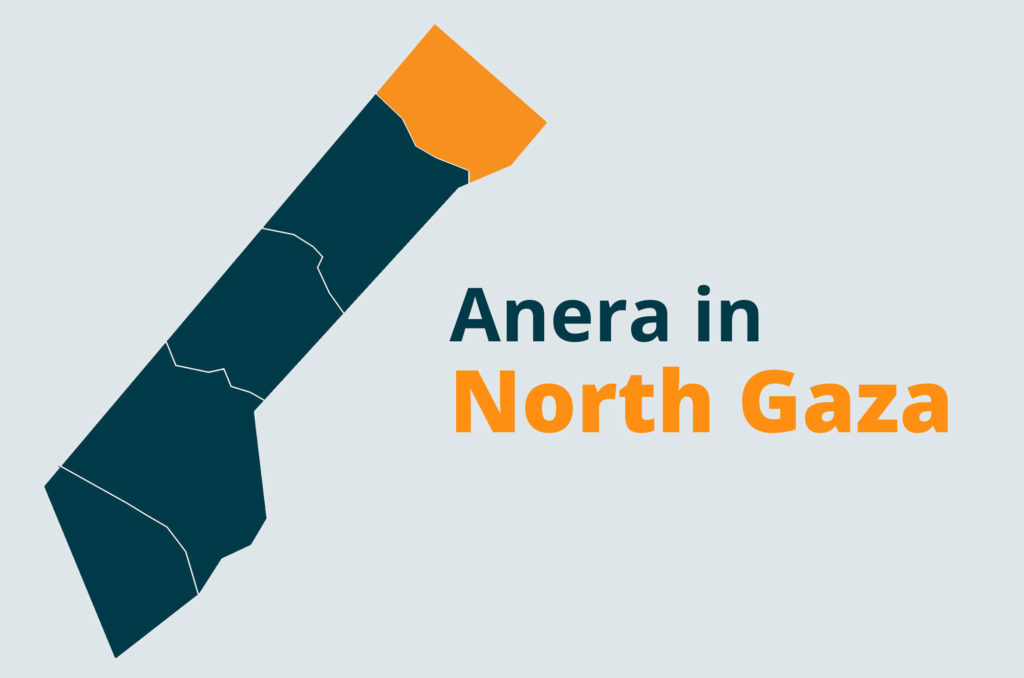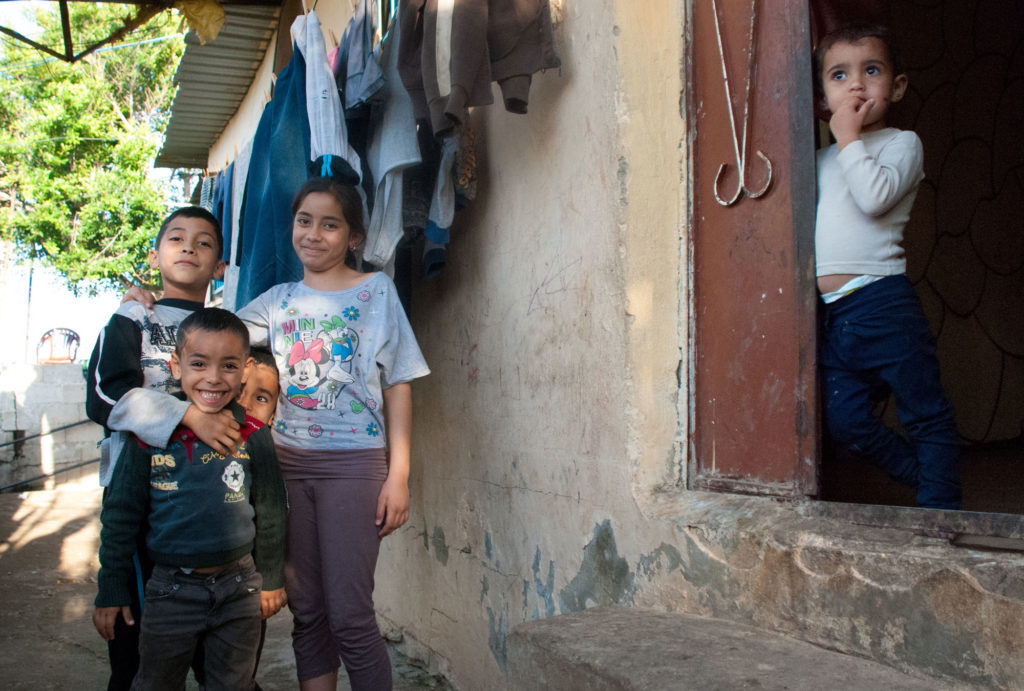Jan, 2022
Hypertension is a serious threat to health in Palestine. Improvements in living conditions, coupled with medical aid can help patients to maintain their health.
High blood pressure, or hypertension, can lead to heart disease, strokes, and dementia. In Palestine, over one quarter of the population has hypertension.
Why are the rates so high? Stress, lack of exercise and poor diet are major causes of high blood pressure. Palestinians in the West Bank live their lives within a construct of barriers – physical barriers limiting travel and movement, administrative barriers to accessing social services, economic barriers to earning a living, and barriers to accessing basic needs like healthcare, food and water. Navigating those hurdles is a chronic source of stress, food insecurity and constricted movement for Palestinians: a perfect recipe for hypertension.
Barriers to Movement
Dividing the West Bank and Israel is a large wall with checkpoints. To cross through a checkpoint takes strategic planning and timing. Thousands of Palestinian laborers work on the other side of the wall and many Palestinian farmers have land on the other side. Some patients need access to medical care on the other side.
There are many more checkpoints within the West Bank itself. According to UN OCHA, there are 705 obstacles set up inside the West Bank that limit Palestinians’ movements. Entrances to villages, schools, and shops can be closed at a moment's notice. Palestinians also need permits to move between the West Bank, Gaza, and East Jerusalem or to travel abroad.
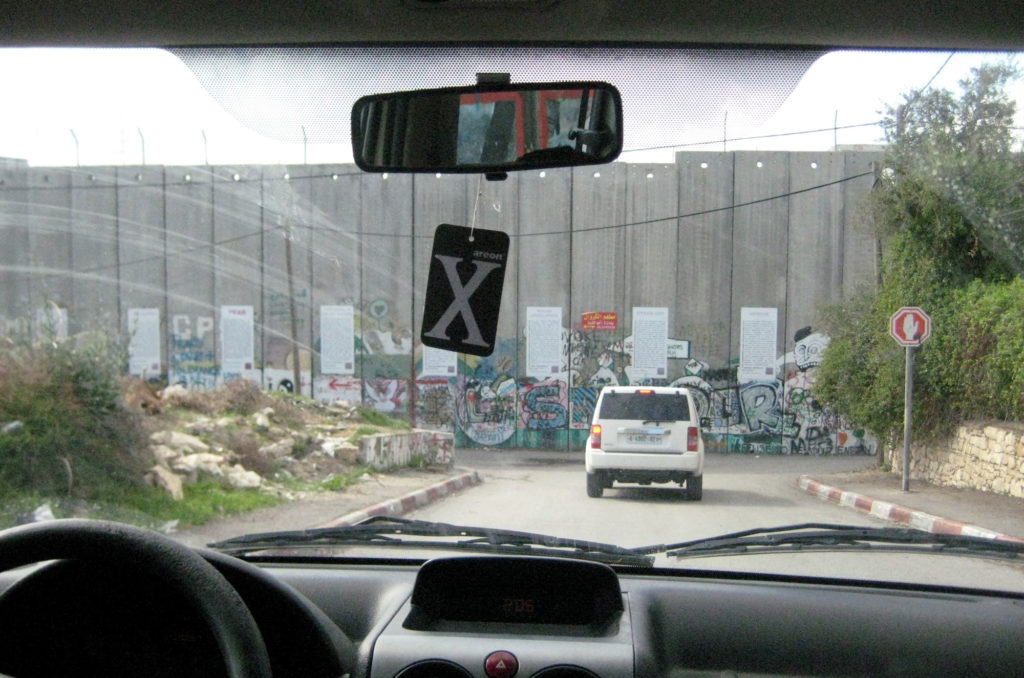

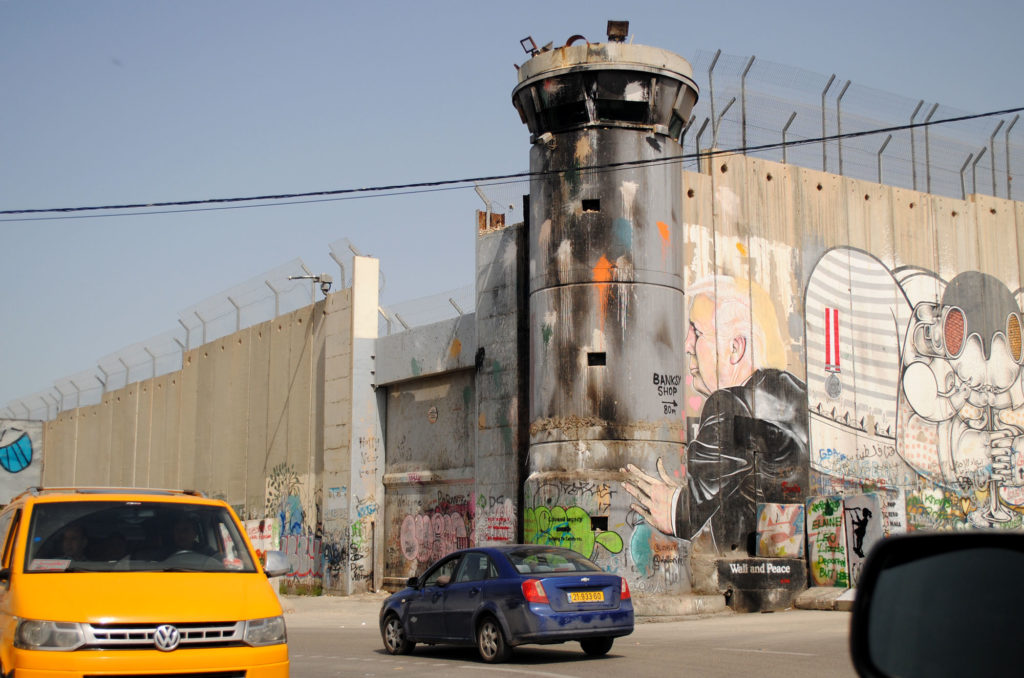

Barriers to Economic Well-being
Palestine has high rates of poverty, which have only worsened with the emergence of COVID-19. According to the Palestinian Central Bureau of Statistics, unemployment rates are approximately 16% in the West Bank and 45% in Gaza.
Similar to the rest of the world, the country is facing increasing inflation rates and pandemic recovery has been minimal. Small businesses make up a large portion of the Palestinian economy, and many have had to shut down during the pandemic, leaving families with no income.
The public sector is also a major employer. As of December 2021, the Palestinian Authority was unable to pay its 200,000 employees. This on top of a decrease in foreign aid and a reduction in receipt of tax revenues squeezes the economy further.
Barriers to Healthy Living
Food Insecurity
Nearly half of the population in the West Bank is food insecure. Farming in the West Bank is difficult because of physical barriers between farmers and their lands, lack of water, and restrictions on infrastructure improvements and fertilizer imports among other things. Palestine is largely dependent on Israeli food imports.
Poor nutritional habits directly contribute to ill-health and disproportionately affect women, children, and refugees. The World Food Programme reports that 32% of women and 67% of refugee camps in Palestine are food insecure.
Lack of Recreational Spaces
In many urban areas of the West Bank and especially in the refugee camps, public parks and other spaces for recreational exercise are scarce or nonexistent. Even those who have access to space for recreation face barriers in achieving a healthy lifestyle due to high levels of food insecurity.
A Struggling Healthcare System
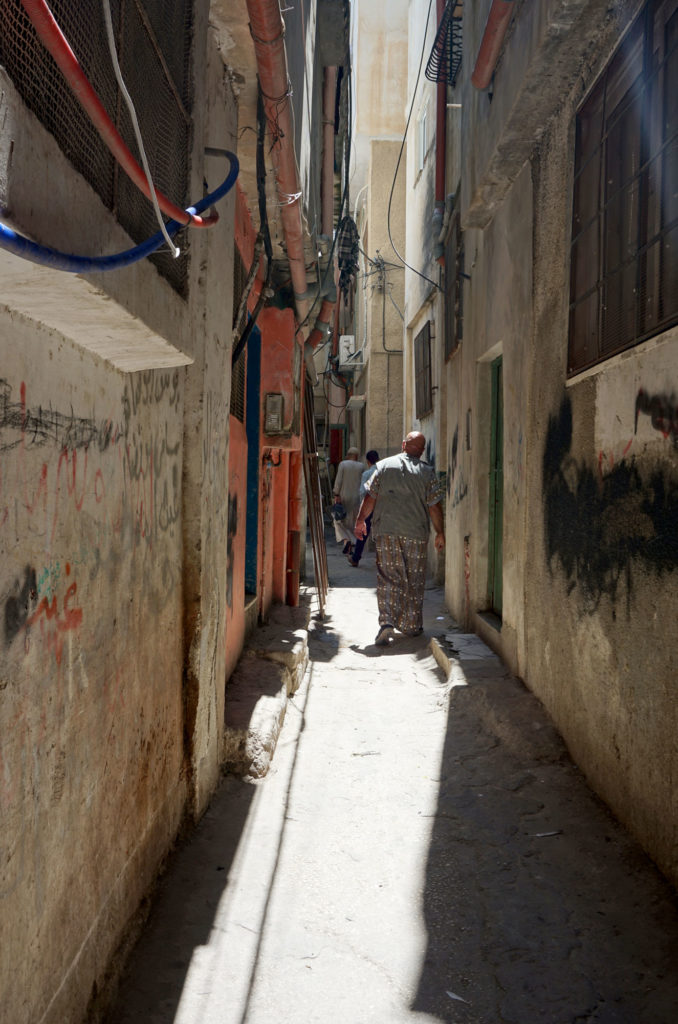

The healthcare system in Palestine struggles to provide adequate services for the population. Ongoing conflict has left many hospitals and clinics in disrepair, and restrictions on goods make it difficult to procure supplies for rebuilding. Years of restrictions on imports have also left the Palestinian healthcare system with critical shortages of supplies like medical equipment, prescription drugs, over-the-counter medications and protective gear.
Medicine Helps Treat West Bankers with High Blood Pressure
The best ways of reducing blood pressure are to eat healthily, get regular exercise and control stress. Unfortunately, the barriers Palestinians confront often prevent them from living an optimally healthy lifestyle. So many end up relying on medication as their only choice for reducing hypertension.
As mentioned above, medicines in the West Bank, and Palestine more broadly, can often be in short supply. Anera is the only organization consistently and regularly supplying medicines to healthcare facilities across Palestine. The work would not be possible without the shipments provided by our medical donation providers, such as the relief and development organization Americares. In the past year alone, Americares sent eight shipments of medicines and medical consumables to the West Bank.
One Americares shipment included 1,080 bottles of benazepril, a medicine for managing hypertension. The quantity is enough to treat more than one thousand high blood pressure patients for three months. Anera’s medical donations team delivered the medicines to five healthcare facilities across the West Bank.
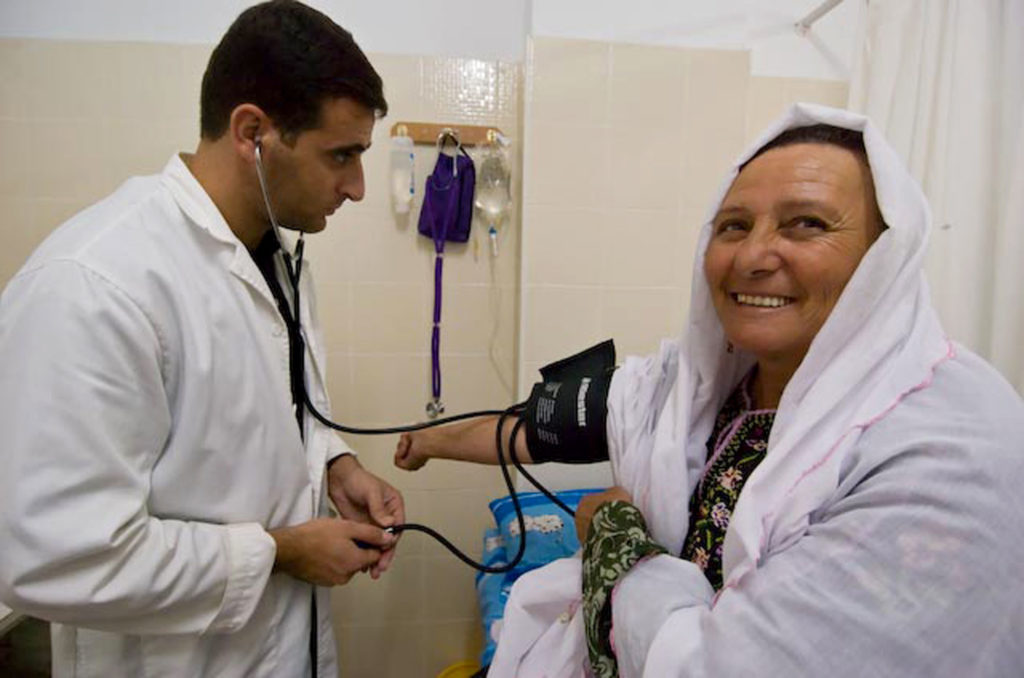

Hand-in-hand with prescriptions for benazepril comes advice to find ways for eating more healthily (like cutting down on salt), losing weight and reducing stress. The people giving the advice are Palestinian doctors who understand the challenges their patients face, because they face the same in their lives.

